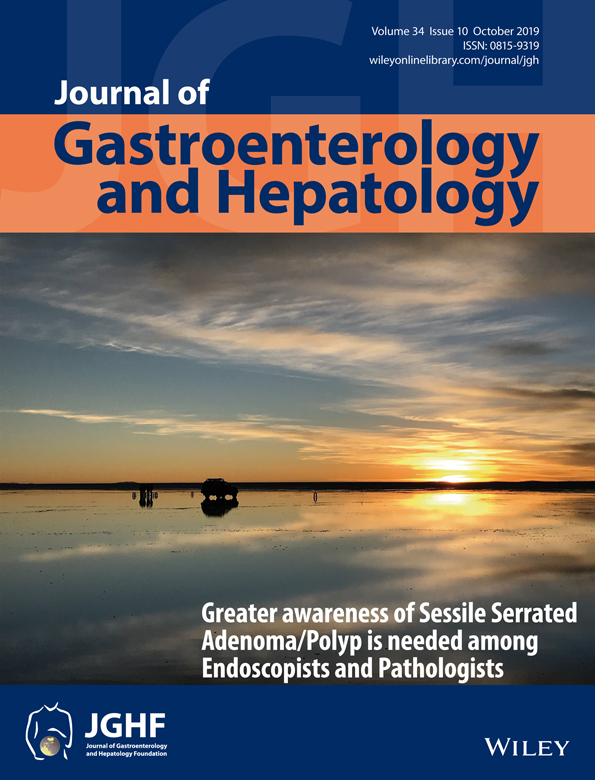Microbiota alterations after colon adenoma resection
Colon microbiota has been linked to the development of colon adenoma and colorectal cancer (CRC) in recent studies.1 Emerging evidence suggested that several bacteria, such as Bacteroides fragilis and a strain of Escherichia coli, may induce colorectal carcinogenesis.2 Human studies have reported the link between Streptococcus bovis, Clostridium speticum, Fusobacterium nucleatum with CRC.3, 4 Megagenomic profiling study of CRC fecal microbiota discovered microbial biomarkers to predict CRC with accuracy above 70%.5 Transferring stored samples from CRC patients induced significantly higher proportions of high-grade dysplasia and macroscopic polyps in mice experiments compared with those fed with stool from normal individuals.6
Colon microbiota alterations were also reported in colon adenoma. Correlations of colon microbiota suggested early signs of dysbiosis in colon adenoma and co-exclusive relationships between adenoma and CRC.7 Most CRC cases are sporadic and develop slowly over years via the adenoma-carcinoma pathways. CRC screening with fecal occult-blood testing (FOBT) have demonstrated the efficacy to reduce long-term mortality.8 The effect of CRC screening with FOBT to reduce CRC mortality is partially related with the effect of polypectomy to remove colon polyps. Colon adenoma resection by polypectomy stops the adenoma-carcinoma pathway to CRC development. However, whether colon adenoma resection alters colon microbiota and changes colon carcinogenesis remains unknown.
In this issue of Journal of Gastroenterology and Hepatology, Yu's et al. conducted a prospective study of 20 patients who underwent endoscopic resection of colorectal adenoma and examined the microbiota before and 3 months after adenoma resection.9 The alterations in microbial diversity and composition were examined by 16 s rRNA sequencing. They found few alterations in overall microbial composition after adenoma resection; however, the abundance of Parabacteroides revealed a significant increase post-operatively (3.8% vs. 1.5%). Yu's el al. also developed a microbiota signature of Parabacteroides, Streptococcus, and Ruminococcus with an optimal discriminating performance of the post-operative status with the accuracy at 78.8%.
Although Yu's study is important to shed light on discovering clinically beneficial microbes for reducing CRC risk, there are several limitations. First, the case number of only 20 is small. A bigger population is necessary to confirm the observations. Second, selection bias may be an important concern in this study. Many study subjects were removed due to no post-operative fecal sample available, low DNA concentration or purity of samples. Third, the study observations were not validated in other cohorts. Many microbial composition changes before and 3 months after adenoma resection can be found purely due to changes in analyzing huge amount of bacteria. Validating the observations in another independent cohort is necessary to confirm the potential clinical implications. Fourth, the types of the adenoma were not reported. The three types of adenoma, i.e., tubular adenoma, villous adenoma and mixed type adenoma have different malignant potentials. These three types of adenoma may have different types of fecal or mucosal microbial compositions and hence should be analyzed separately. The final and the most important limitation was the lack of mucosal microbiota information. If mucosal microbiota can be examined before and 3 months after adenoma resection, the changes of microbial compositions will be more convincing.
Despite these limitations, this study provided important information regarding stool microbiota before and after adenoma resection. Although the microbiota prediction model for adenoma recurrence after colonoscopic resection was not validated, this model provide a prototype to predict adenoma recurrence for future studies to investigate. Future studies should monitor the microbiota changes before and after therapy, not only for colon adenoma, but also for colorectal cancer.
Conflict of interest
No conflict of interest to be disclosed by the authors.
Funding
No funding to be disclosed.




